Smara bustles with activity. It is eight o'clock in the morning and taking advantage of the fact that the sun has not yet set, life has started. Smara is one of the administrative units that make up the Sahrawi refugee camps in the Tindouf desert (Algeria). Here, more than in other parts of the world, young people face the dilemmas of an uncertain present and future as they try to establish their identity in these refugee settlements that, despite their apparent immobility, are in a process of change. After more than 40 years of forced exile, the young population has begun to outline its own references and its particular way of approaching the conflict with Morocco. Larabas Said, for example, embodies the outbreak of a singular vision. Leaning on the hood of a rickety Mercedes, he reels off the lines of a latent war. For him, he affirms, "the conflict with Morocco must return to the channels of the armed confrontation."
MORE INFORMATION
PHOTOGALLERY Born and refugees in the Sahara- Has the time come when young people change the world?
- Adolescent girls, a key part of the development agenda
- By profession: deminer in the Sahara
After the 1991 armistice, which suspended the war that began in 1976 (after the departure of Spain from the Sahara territories and the subsequent Moroccan civil-military occupation), the Saharawi people represented by the Polisario Front tried to win the right of return by the diplomatic channel. Under the auspices of the UN, a binding referendum on the future of the occupied territories should have been held, but almost three decades later, such initiative and the situation remain stagnant due to the blockade that Morocco imposes, arguing that it does not agree with the voter census and the object of the referendum.
In effect, Larabas is the son of the conflict and sees with good eyes a general mobilization if it is not possible to unblock the situation of his people. In reality, his position is an exercise in pragmatism because, in his opinion, the peaceful route associated with diplomacy has not brought any solution. At the moment, he prefers to use it on the drums of cars and trucks than on the drums of war. At 25 years old, he has already traveled the roads of half of Europe. He worked as a transporter during the time he lived in Bilbao, until he decided to return to the camps, to be close to his own. Now he has changed the asphalt for sand and works as a mechanic fixing cars that he drives to Mauritania to sell them, after driving a thousand and one obstacles through the desert.
Hinge generation
The Sahrawi camps are made up of wilayas , which are named after the provinces of Western Sahara, and are located in a territory ceded by Algeria, in the south of the country. This area of the desert, called hamada , is a rocky and inhospitable surface that is known as the desert in the desert, due to its extreme conditions. So Smara is a wilaya who keeps the memory of a province and a land that has been stripped from them.
Loss is a recurring feeling among young people and this makes them harbor the fear of also losing the land they currently inhabit, which, although foreign, they have made their own. In this land they have forged their identity and have established their bonds of friendship. Precisely the circles of friends are one of the few spaces in which young people can have an effective socialization outside the family, since once the educational stage is finished and due to the lack of work horizons, the possibilities of unintervened spheres for the family are reduced.
So Aziza, Malu, Embatu, Umlachut, Atu and Sbaita claim that they would like to return to their land, but they are afraid of separation. These six friends, all aged between 18 and 20, study at Afad School, a vocational training academy for women. After classes they meet to eat in a central restaurant and exchange impressions. In these moments between friends they develop a high degree of freedom and can feel themselves. The role of friendship between young Sahrawis also has the value of generating safe and friendly spaces where they can share and expand.
The girls say that now the young women want to study and train, to do other things than those determined by tradition
Not surprisingly, the social and media presence of the feminist struggle in the world also infects the daily demands of Sahrawi women. Now young women want to study, train, do other things than those determined by traditional roles. Historically, the Sahrawis have had a greater weight compared to the position of the female population in other Arab societies, and driven by this condition, women claim and make their own place.
However, they also admit that there are other girls who do adhere to more traditional patterns; there are those who choose to marry early. "We understand it, because without another class of alternatives, getting married gives the opportunity to have more independence and start an adult life," Embatu explains.
Salka Hamdi, for example, explains that she married as soon as she came of age, after two years of dating. Her husband is 15 years older than her and works in Spain all year, except for a few weeks when she comes to visit the camps. She is the youngest of the sisters and that is why she had to stay and live with her mother. This circumstance prevented her from going to study at an Algerian institution of higher education, although she wanted to. "So, without working or studying, you have to get married," he launches with a half smile.
The distance that their relationship suffers gives rise to talk about one of the great transformations in the camps: the arrival of technology and, specifically, that of smartphones. Young people do not detach themselves from their mobile phones and in the case of Salka it is a fundamental tool to talk to her husband. He points to the mobile and the heart: "My husband is here and here."
Digital jump
Before the era of hyperconnection, the only way in which Sahrawi teenagers were able to open up to the world and experience firsthand what it was like to live in another country was with the Vacations in Peace program, which is still working today (although not this 2020 due to the coronavirus pandemic). Through this initiative, thousands of boys and girls travel to Spain every year to live with host families for a few months. Wita Alin is about to come of age and for years she was going to Asturias, where she wove a perennial bond that lasts until today. She is very grateful to have been able to land in another place and another culture. Today, he uses his mobile phone, among other things, to communicate with his second family. She says that her dream is to be a photographer, although for now she is content to squeeze through her gaze the reality that surrounds her. From its prism, the arid environment comes to life and color.
Like Wita, many young people invent alternatives that dignify their present and that of those around them. That is the case of Lhaj Lelubib, 26, who opened the first mobile kebab stall in Smara, where his cousin Sidi Moh Mulay also works. Regardless of the strange conjunction of a kebab in a refugee camp, Lhaj cultivated his dream based on the obvious, that people like to eat out: "Young people just look for how to live, how to pull forward." And he wants to contribute by improving the lives of his compatriots. With his unwavering momentum, he sees the future with optimism, wants to continue innovating and, later on, his idea is to install solar panels. Regarding the return to his land, Lhaj is clear: he wants to return, but at the wheel of his restaurant with wheels. "And on the way I sell sandwiches!"
Hindu Mani, 28, also glimpsed that good eating has a place anywhere. In his case he opened a pizzeria in Auserd, after receiving a cooking course. The hard beginnings are now followed by a sweet stage, with the opening of a pastry shop in the distant wilaya of Dakhla. "At first many people told me to give up, that a working woman would not go far," he recalls. But once it took off, they came to ask him for a job. Hindu has become an example for other young women, who come to present their own projects to him.
Resist and overcome
One of the alternatives to which more young people cling is sport. Musa Salama is the director of the Youth and Sports area of Smara, and firmly believes that exercise is not only something fun. "It is not to play, it is to change," he stresses. The lack of activities or incentives causes young people to have a lot of free time and for Salama, excessive idleness is pernicious. So he tries to fill his free time with sports. In this way, he hopes to connect with young people and listen to their concerns.
Refugee camps are huge open-air prisons and contained human energy
In addition, sport can play a media role, as the participation of Sahrawis in large international events can have a strong echo, as for example with the Sahara Marathon.
Sport is an art in which various skills are displayed, such as the ability to overcome, discipline, dedication or the ingenuity of practicing strategies to avoid and face the adversary. All these skills are also characteristic of the Sahrawi people, who have spent years applying it in the fight for their survival, both in the military field and in the political or diplomatic field. Thus, fighting on a soccer field or in a ring is only the extension of another greater confrontation, in addition to its obvious usefulness to keep morale high or alleviate the suffocating finding of being locked in the desert with a horizon, also, closed .
Refugee camps are huge open-air prisons with contained and wasted human energy. However, in this dire scenario, the Sahrawi youth have the last word. The main question is to face the challenge of rethinking and rebuilding integrating the changes that have occurred all these years, but without turning our backs on the undaunted determination of all the previous generations. The challenge is great, but the desire to overcome this blockade is greater.
You can follow PLANETA FUTURO on Twitter and Facebook and Instagram, and subscribe here to our newsletter.

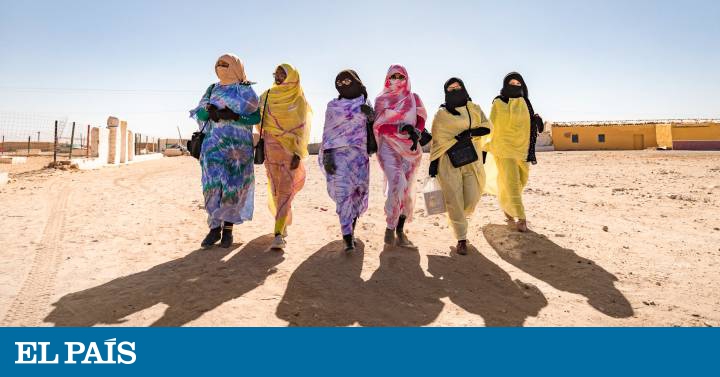
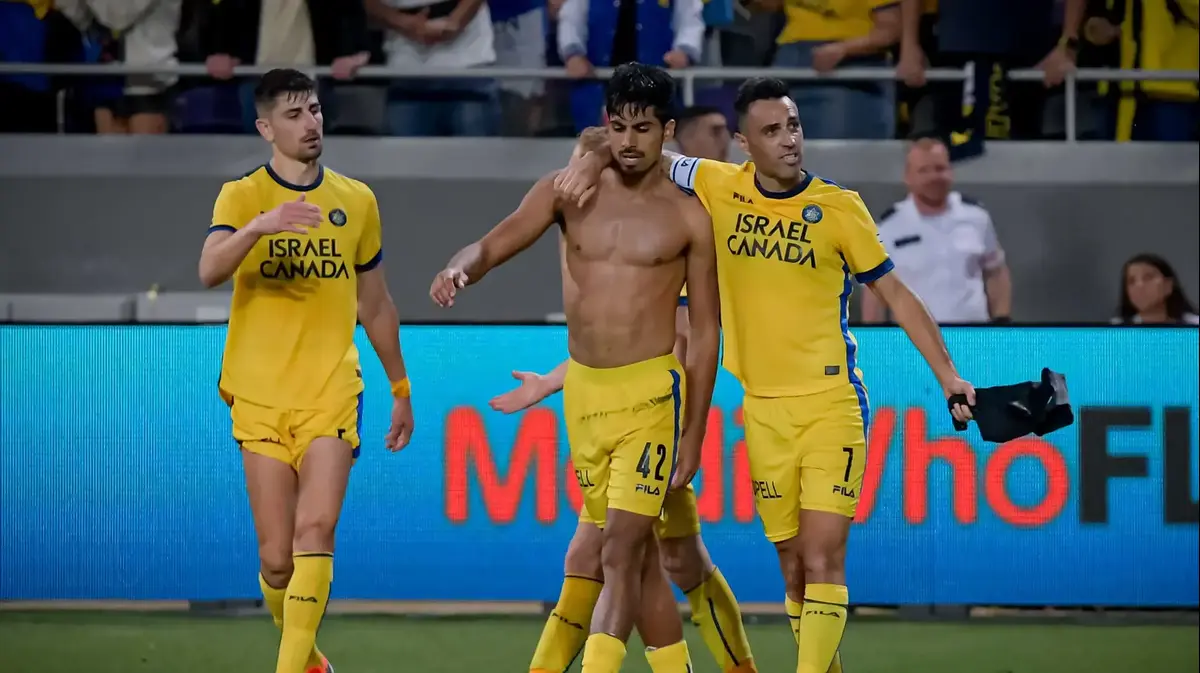

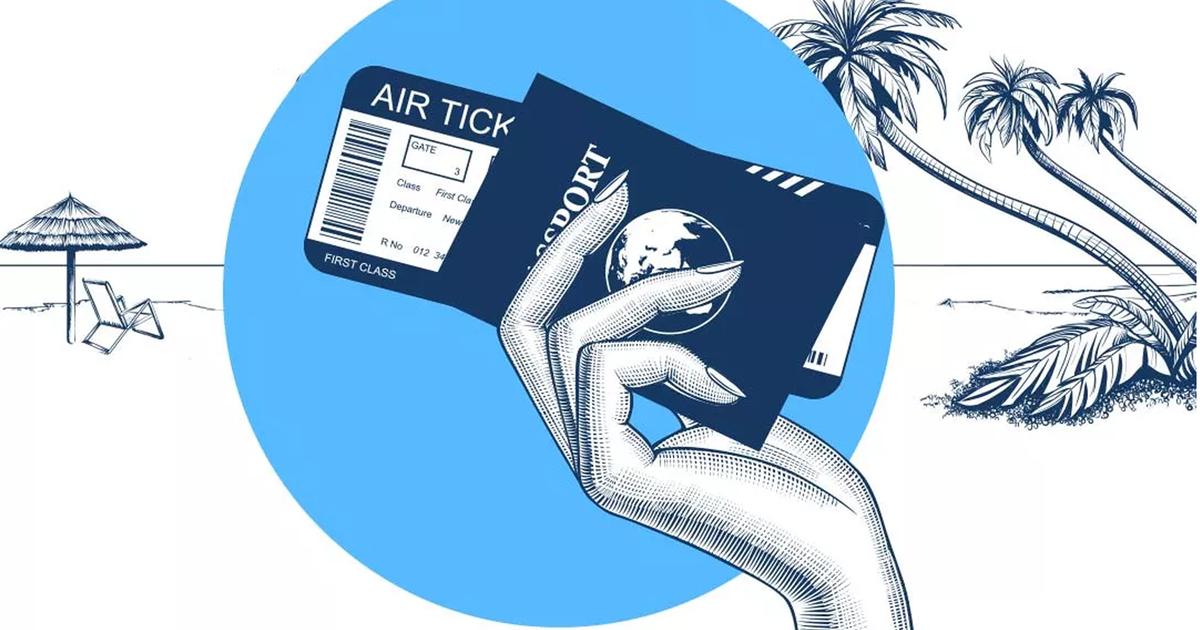
/cloudfront-eu-central-1.images.arcpublishing.com/prisa/ZUBQ7UCFTJCYTB4SMLNMUZIDQ4.jpg)
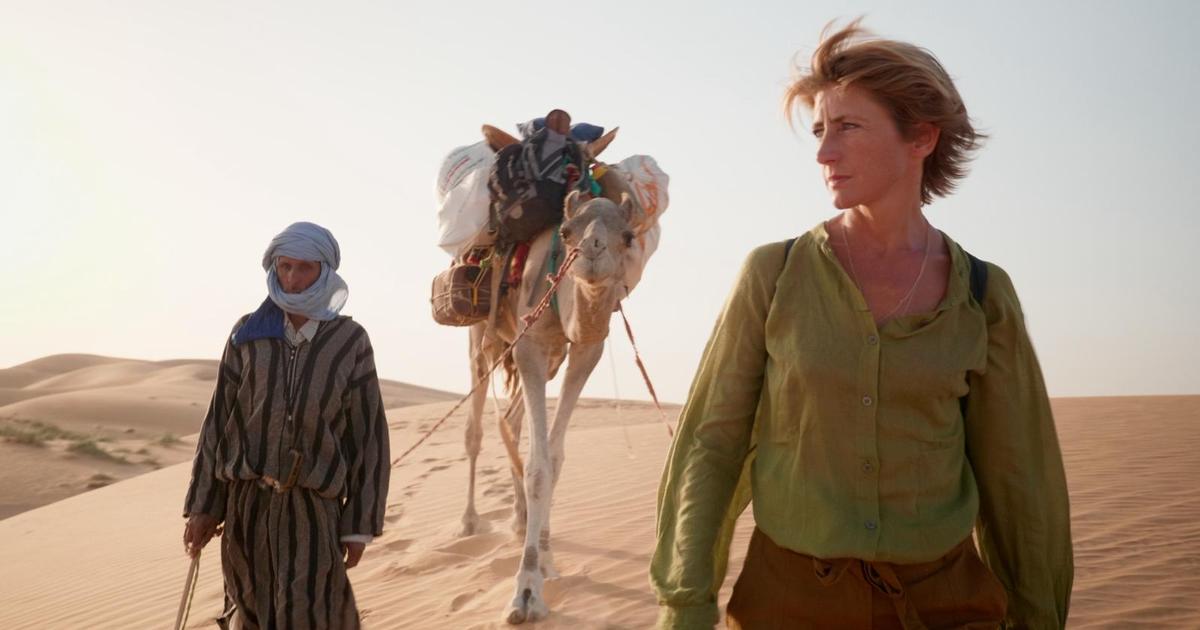
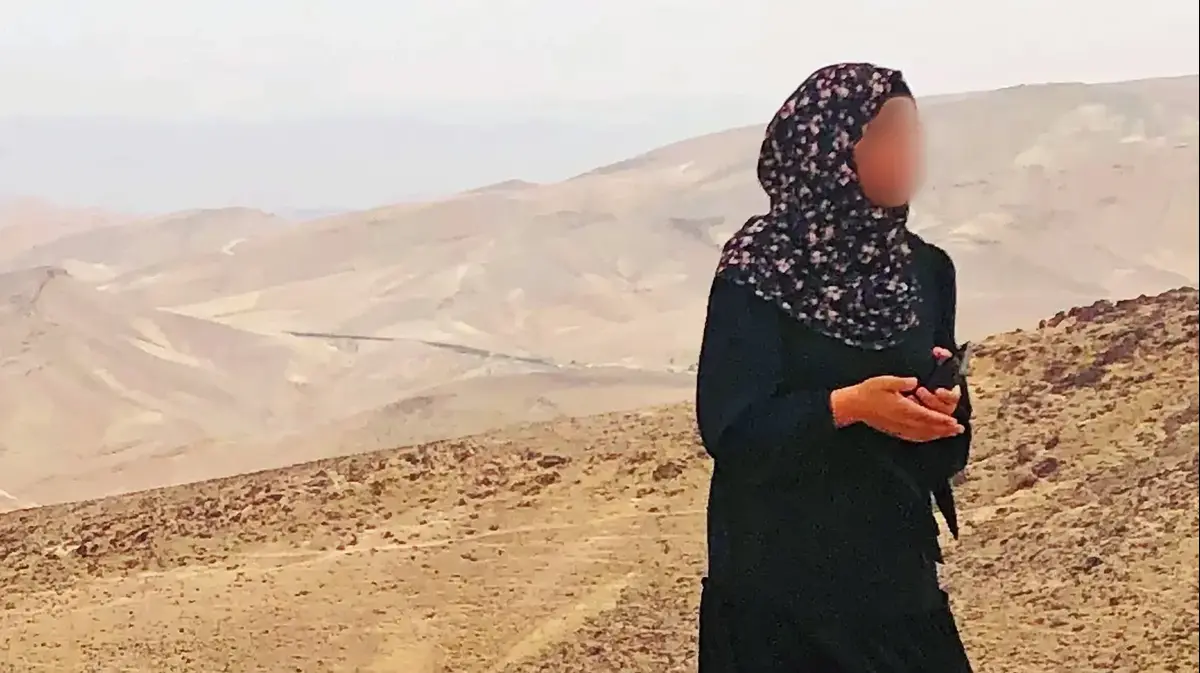

/cloudfront-eu-central-1.images.arcpublishing.com/prisa/K3WTDWC7UBAPPI554H3BSRMRAQ.jpg)





